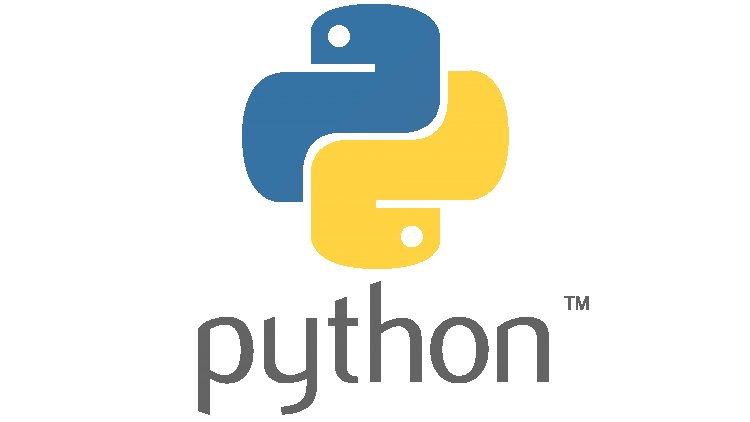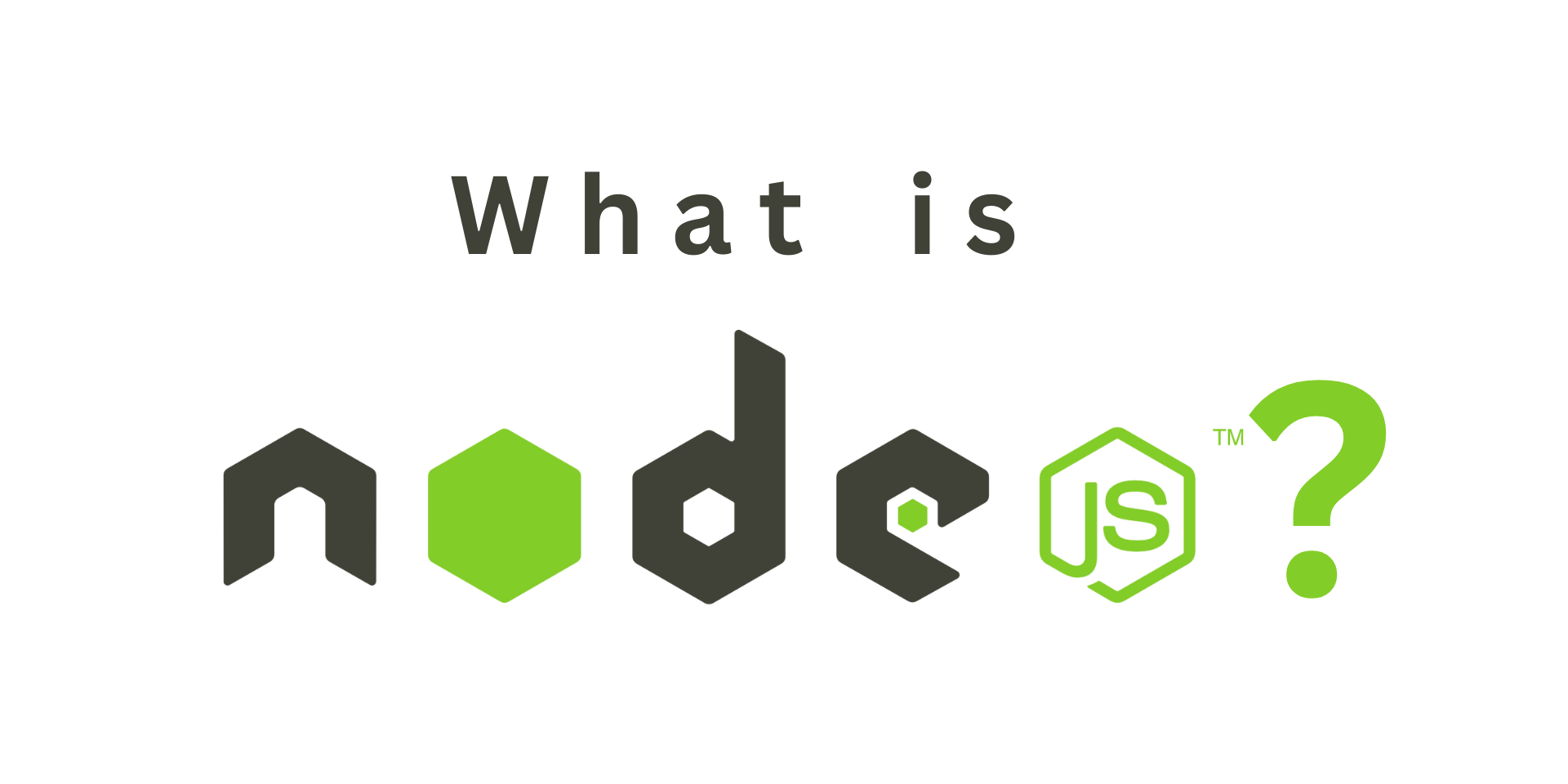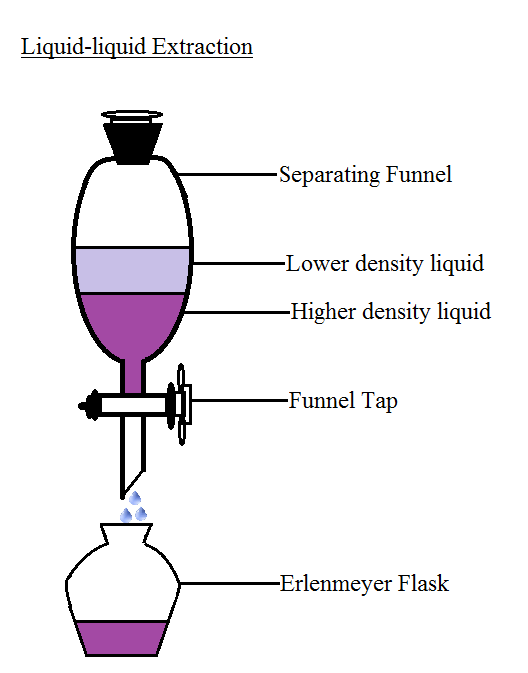How can one learn Python?
How can one learn Python?

Learning Python is a great choice, as it's a versatile and beginner-friendly programming language. Here are some steps to get started with learning Python:
1. Set clear goals: Determine why you want to learn Python and what you hope to achieve with it. Are you interested in web development, data analysis, machine learning, or something else? Having a clear goal will help you focus your learning efforts.
2. Understand the basics: Familiarize yourself with basic programming concepts such as variables, data types, control structures (if statements, loops), functions, and objects. You can find beginner-friendly tutorials and resources online or consider getting a beginner's Python book.
3. Choose learning resources: There are numerous resources available to learn Python. Some popular options include online tutorials, video courses, interactive coding platforms, and books. Here are a few recommended resources:
- Python's official documentation: It provides comprehensive information about the language and its standard library.
- Online platforms: Websites like Codecademy, Coursera, Udemy, and SoloLearn offer Python courses for beginners.
- Books: "Python Crash Course" by Eric Matthes and "Automate the Boring Stuff with Python" by Al Sweigart are highly recommended for beginners.
- YouTube tutorials: Channels like Corey Schafer, Sentdex, and freeCodeCamp offer Python tutorials for beginners.
4. Practice regularly: Learning programming requires practice. Write code regularly to reinforce what you learn. Start with small coding exercises and gradually work on more complex projects. There are coding platforms like LeetCode, HackerRank, and Project Euler that offer coding challenges to help you practice your skills.
5. Join a community: Engage with the Python community to get support, share your progress, and learn from others. Online communities like the Python subreddit (r/Python) and the Python Discord server are excellent places to ask questions and connect with fellow learners and experienced developers.
6. Work on real-world projects: As you gain more confidence, start working on real-world projects that interest you. It could be a web application, a data analysis project, or a simple automation script. Building projects will give you hands-on experience and help solidify your understanding.
7. Keep learning and exploring: Python has a vast ecosystem and is used in various domains. Stay curious and continue learning beyond the basics. Explore libraries like NumPy, Pandas, Matplotlib, Django, Flask, and others depending on your interests.
Remember, learning programming takes time and patience. Break down complex concepts, practice regularly, and enjoy the process. Good luck with your Python learning journey!























